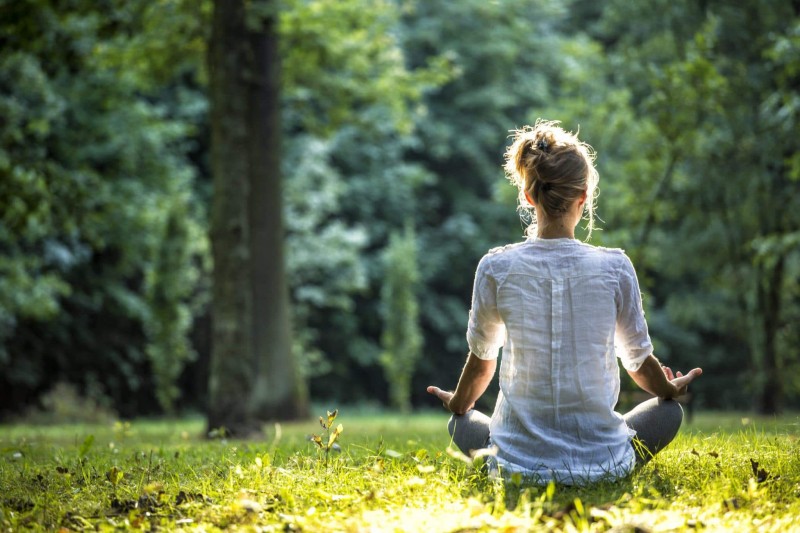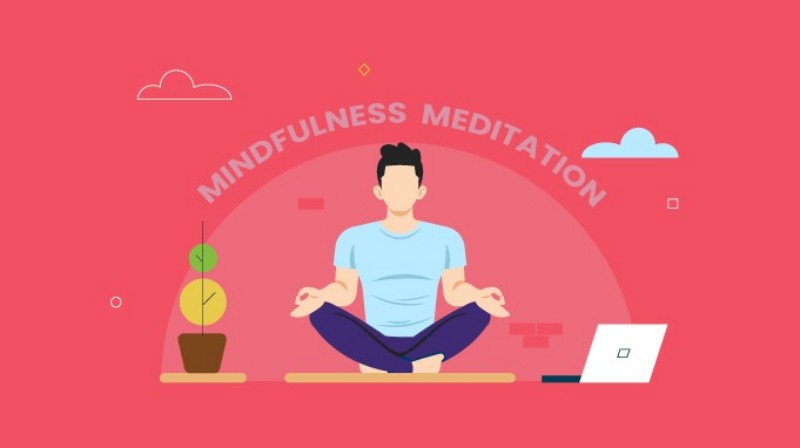Embracing sustainable living doesn’t have to be complicated, and composting for beginners is a great start. Composting is a natural process that turns organic material into a nutrient-rich soil conditioner, which is excellent for gardening. It can significantly reduce household waste while enhancing the health and beauty of your garden.
Composting might seem daunting at first, but it’s simpler than you think. This article will demystify the composting process and give you practical tips to get started.
The first step in composting is understanding what you can and cannot compost. Green waste, such as fruit and vegetable scraps, coffee grounds, and fresh grass clippings, are excellent for composting. Brown waste like dry leaves, paper, wood chips, and straw also make great compost materials. It’s important to avoid composting meat, dairy products, diseased plants, and pet waste as they can attract pests or spread pathogens.
According to a 2024 study by the Environmental Research Institute, maintaining a balance between green and brown waste is crucial to successful composting. The ideal ratio is about 3:1, brown to green. This balance ensures your compost heap has the right amount of nitrogen and carbon, fostering a healthy composting environment.
After sorting your waste, you’ll need to choose a composting method that suits your lifestyle and space. Composting bins are a popular choice for beginners because they are easy to manage and perfect for small spaces. Alternatively, if you have a large outdoor space, you might opt for composting heaps or trenches.
Once you’ve chosen your composting method, layer your green and brown waste. Start with a layer of brown material at the bottom, followed by a layer of green. Repeat this layering process until your compost heap or bin is full. Over time, the organic materials will break down into compost.
Successful composting also requires regular maintenance. You’ll want to turn your compost pile every few weeks with a pitchfork or shovel. This process helps aerate the pile and speed up the decomposition process. Additionally, consider watering your compost pile occasionally to keep it moist, but not soaking.
Composting is not just beneficial for the environment; it can also bring health benefits. A 2025 study from the Journal of Nutritional Health found that using compost in gardens can enhance the nutrient content of fruits and vegetables. This can be a game-changer for individuals interested in wellness, health, and weight management.
To conclude, composting for beginners is easier than you might think. It’s a simple, rewarding practice that reduces waste and enriches your garden soil. With these tips in mind, you’re now ready to start your composting journey towards a more sustainable lifestyle.












 : eval()'d code(1) : eval()'d code(1) : eval()'d code(1) : eval()'d code</b> on line <b>2</b><br />
https://mindbodyfuell.com/wp-content/themes/baobao/default.jpg)
